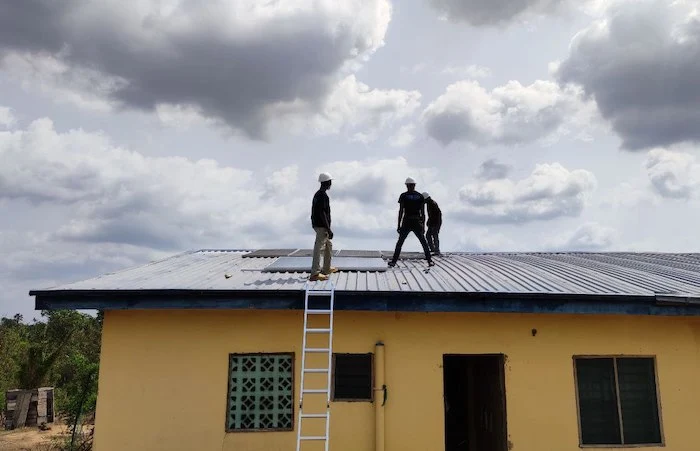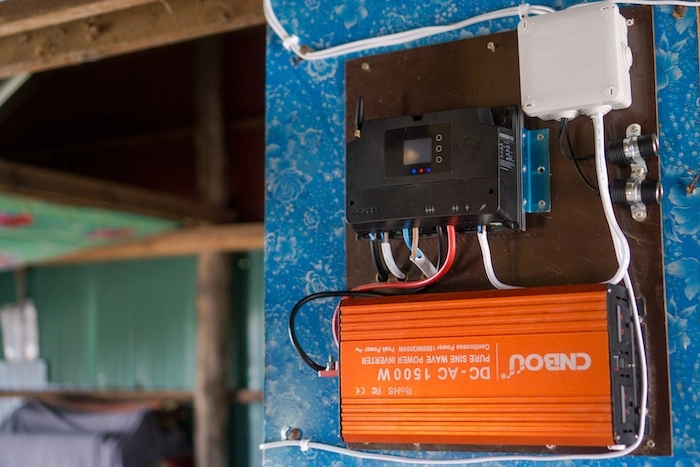Could the Internet of Things (IoT) bring electricity to the more than 700 million people who still live without power and provide it in the most unconnected, remote areas of the world? That’s what Okra Solar is setting out to accomplish.

Removing the barrier of physical infrastructure, Okra Solar brings together IoT and modular solar power mesh grids for “last-mile” energy projects. The team installs roof-mounted solar panels using geospatial analysis to determine the optimum placement for energy production. Instead of the costly extension of a traditional grid, Okra Solar’s decentralized approach can provide electricity at a fraction of the cost. The company’s plan is to have two million people connected to clean, affordable power by 2025.
Designing the heart of the system
The core of their solution is in the hardware. The Okra Solar Pod was designed with Autodesk Fusion 360, and it manages and distributes the power supply. It’s installed in each household and works 24/7 to ensure energy is redistributed in the mesh grid. In turn, this guarantees reliable power for everyone.

“The pod makes decisions about, ‘This house needs more power than it has access to, so let me draw more from the grid,’” says Oscar Aitchison, product manager for Mesh Grid at Okra Solar, in a recent Redshift article. “Or, ‘I have too much power I’m not using, so let me send it out to other houses to charge their batteries up.’”
What is surprisingly common in remote areas is the availability of 2G, 3G, or 4G networks. The pod can connect to these networks as well as to Wi-Fi via VSAT satellite technology. With a connection to the IoT, the pod can also be regularly updated, and monitoring data is streamed to their Harvest cloud platform for analysis, maintenance alerts, and more.
Learn more about Okra Solar’s journey in this Redshift article and in the video below:
